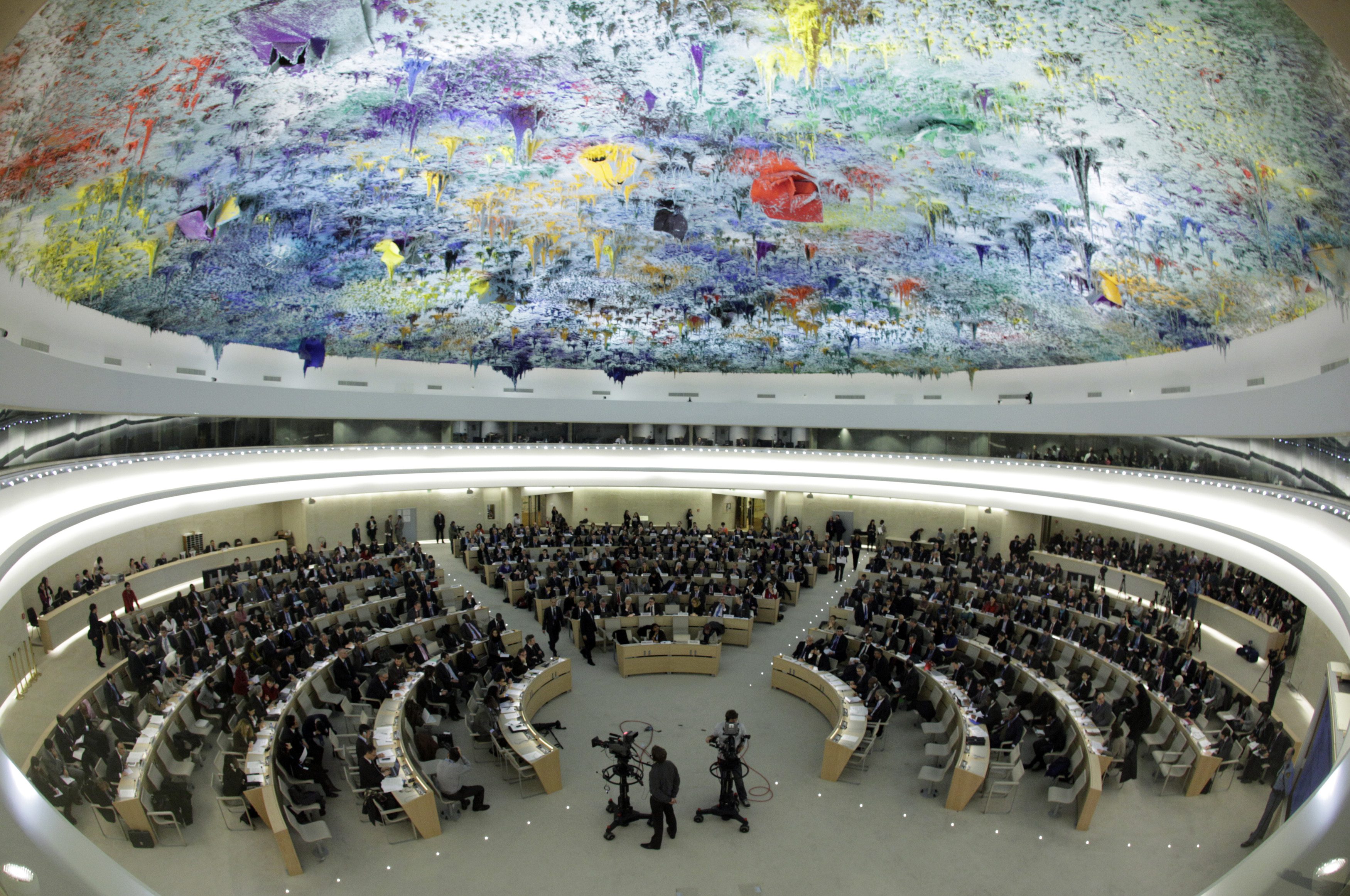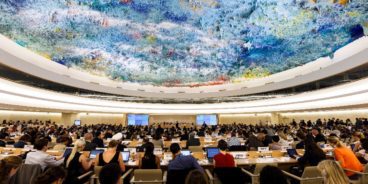

Joint Statement by the Group of Friends of R2P during the HRC intersessional meeting to mark the 75th anniversary of the Convention on the Prevention and Punishment of the Crime of Genocide
The following statement was delivered by Costa Rica on behalf of the Group of Friends of the Responsibility to Protect (Geneva) at the Human Rights Council’s intersessional meeting to mark the 75th anniversary of the Convention on the Prevention and Punishment of the Crime of Genocide and to discuss the role of social media.
Mr. President,
I have the honour to deliver this statement on behalf of [members of] the Group of Friends of the Responsibility to Protect (R2P).
The use of hate speech and incitement can lay the foundation for violence against protected groups, and as such is an important early warning sign of genocide. While the propagation of hate speech has taken many forms throughout history – including antisemitic newspapers during the Holocaust or the use of inflammatory radio broadcasts during the 1994 Genocide Against the Tutsi in Rwanda– it has become increasingly common on all major social media platforms. Because social media is privately owned and regulated, often without due respect for human rights, the task of monitoring hate speech and protecting against incitement is complicated.
Social media companies and governments should work together in a manner that complies with international human rights law to prevent hate speech from being propagated on networks that operate in their country. The UN Plan of Action and Strategy on Hate Speech provides strong recommendations in this regard, as do a number of Special Procedures.
Social media and digital platforms can also play a crucial role in the prevention of atrocities and other conflict-related crimes, as they can encourage inclusive public discourse, facilitate and inform humanitarian responses, and provide early warning of potential atrocities and violent conflict. Open-source intelligence gathering holds great potential to expose atrocities; digital communications, in particular when end-to-end encrypted, can help human rights defenders sound the alarm.
We would therefore like to ask today’s esteemed panellists: What are concrete and effective steps that UN Member States can take to harness the potential of social media as a tool for atrocity prevention, to reduce the risk of its misuse for malign purposes?
Thank you.
Related Content

